Genes Like Jesus: The Fashion Show - November, 30 1992
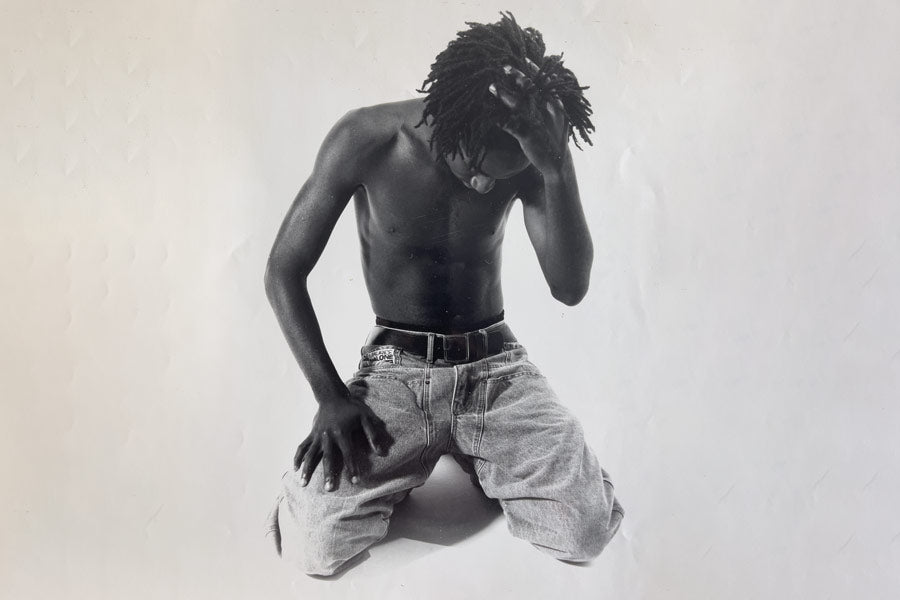
As the architect of the 'Genes Like Jesus' fashion show on a cold November night in 1992, I recall with fondness how we crafted an event that was more than just a showcase—it was a cultural phenomenon in Detroit. At the Shelter, we witnessed an alchemy of live music, edgy fashion, and evocative spoken word that captured the essence of the era.
The promotional flyer, a beacon of the night, featured none other than Kafani, then known as Theo, adorned in the hallmark baggy black jeans that characterized the hip-hop movement of the '90s. His image, poised with the raw energy of youth and rebellion, encapsulated the ethos of our collective: audacious, vibrant, and unapologetically original.

Behind the turntables, I spun the narrative of the night under my moniker "Soul Finger," weaving a sonic tapestry that resonated with the heartbeat of hip-hop. The music was an intrinsic part of the spectacle, as integral as the fabric we paraded down the runway.
Hassan Mausi and Kafani—Ibrahim to the Muslim community—were more than models; they were the embodiment of the spirit that moved us. Together, they danced, they performed, and they lived the art we all strived to express. Their unity on stage was a powerful statement of the show's core message: fashion is the dance of life, and we all move to its rhythm.
Accompanying our visual feast was the voice of now-famous poet Jessica Care Moore, then a vital member of our crew. Her spoken word performances, brimming with passion and insight, became the soulful narrative that threaded through our shows. Later, working at The Hip Hop Shop, she became my publisher, her words as much a part of our tapestry as the denim we fashioned.
DJ Terry Dyer, a revered figure in Detroit's music scene, whose spirit continues to resonate despite his passing, and John Pryor, 'JP The Hype Man,' significantly amplified our event's energy. Their vibrant beats and dynamic presence helped infuse the night with life, leaving a lasting impact that still echoes through Detroit's cultural landscape.
Looking back, our ensemble was a family of creatives, a cadre of Detroit Muslim youths united in artistry and friendship. Though our currency might have been garments and the perks of the scene, the true value lay in the legacy we were crafting—one of community, innovation, and the sheer joy of creation.
The 'Genes Like Jesus' fashion show stands as a milestone in my career, a testament to the convergence of fashion, culture, and the indomitable spirit of Detroit. It was here, in the intertwining of threads and verses, that we weaved a narrative that would endure for decades to come.



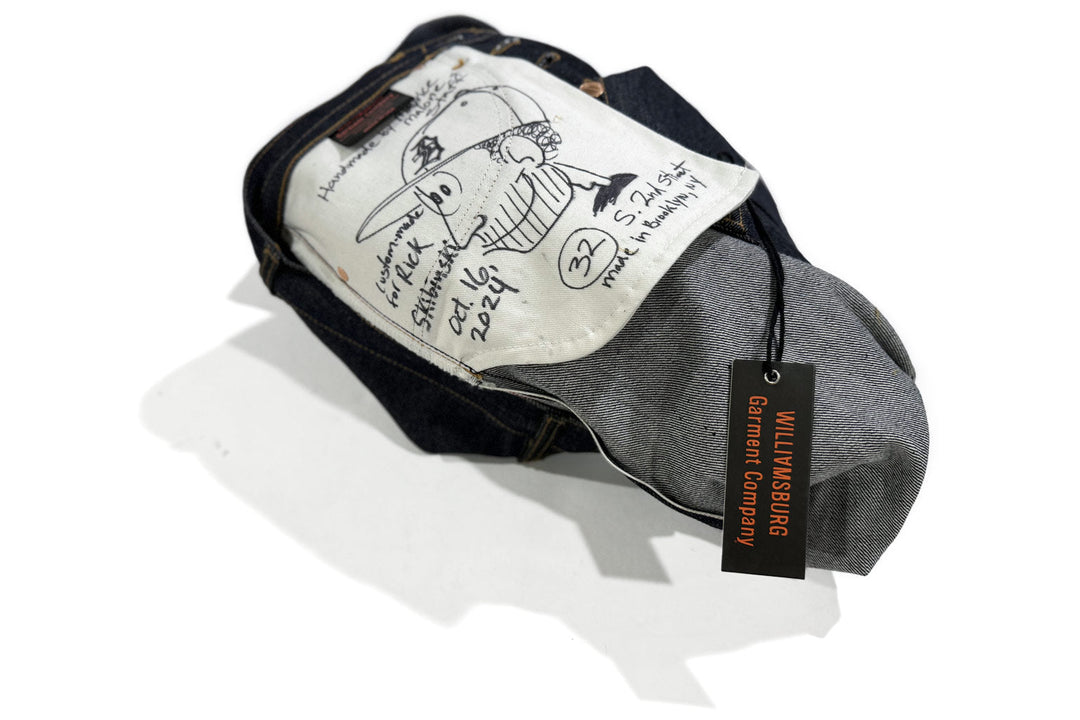
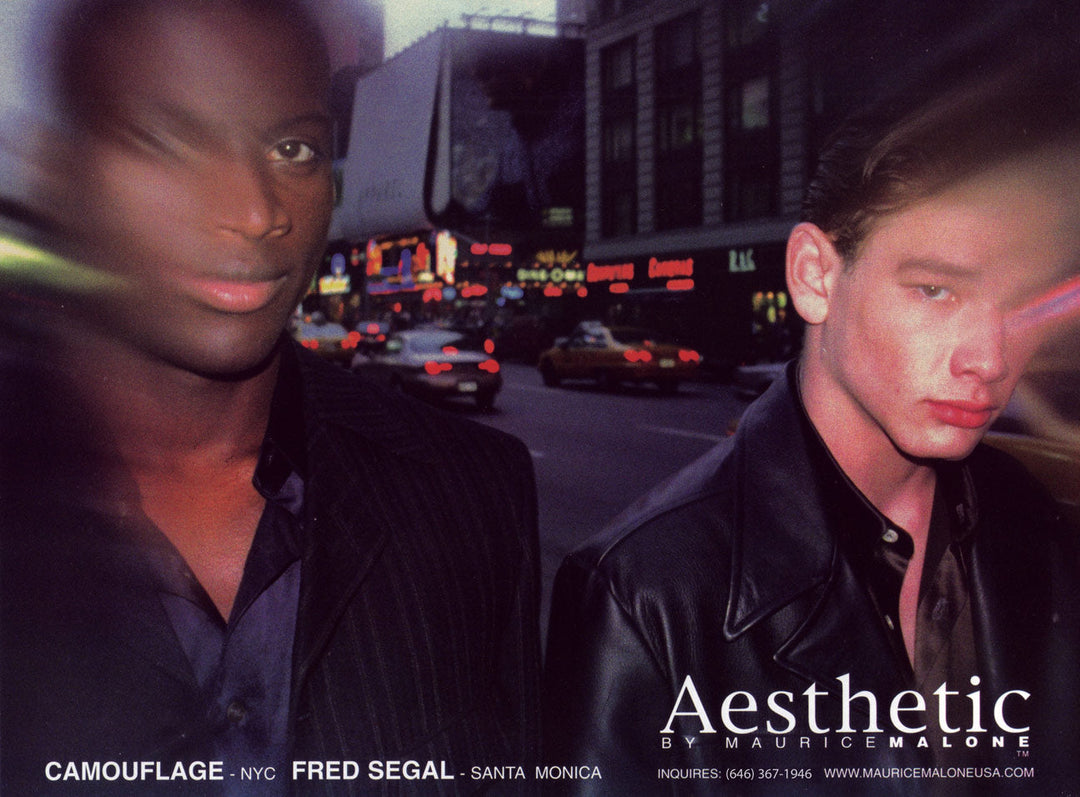
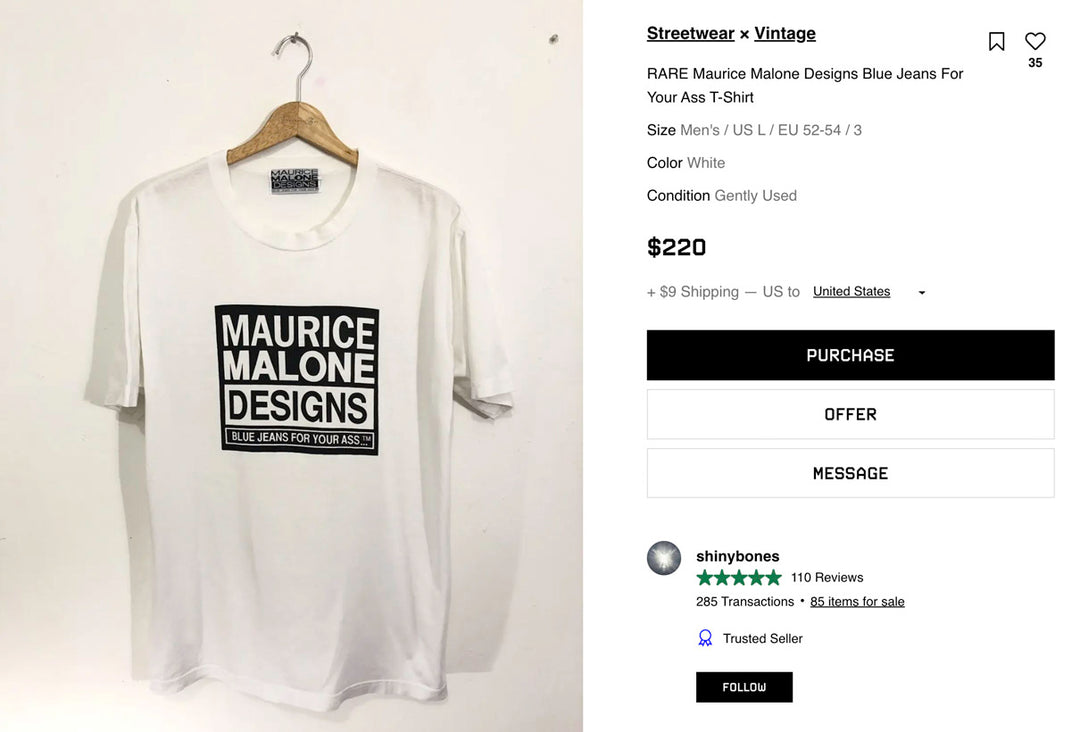
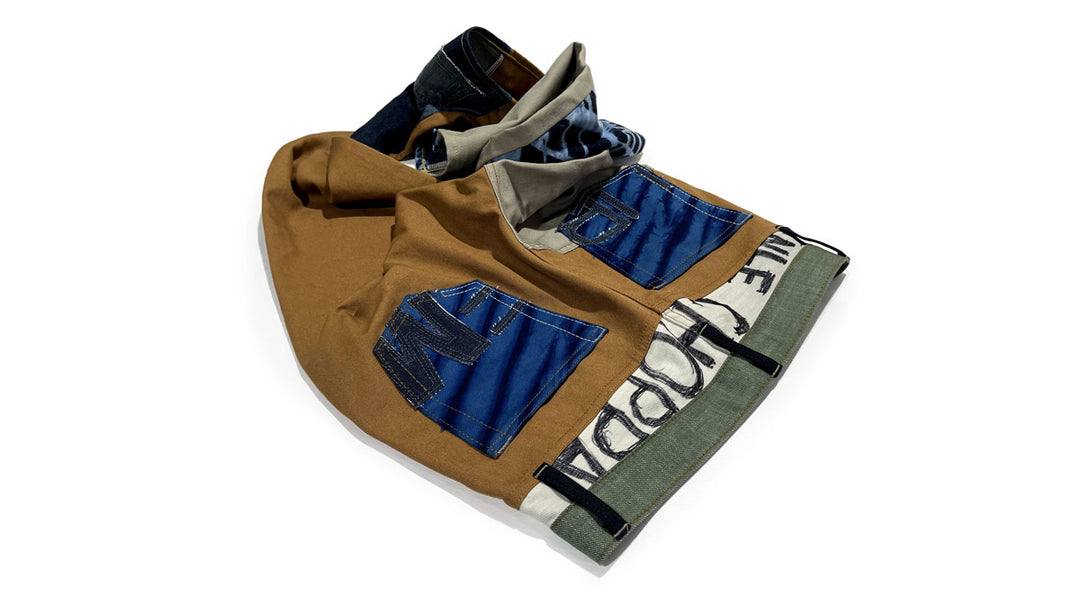
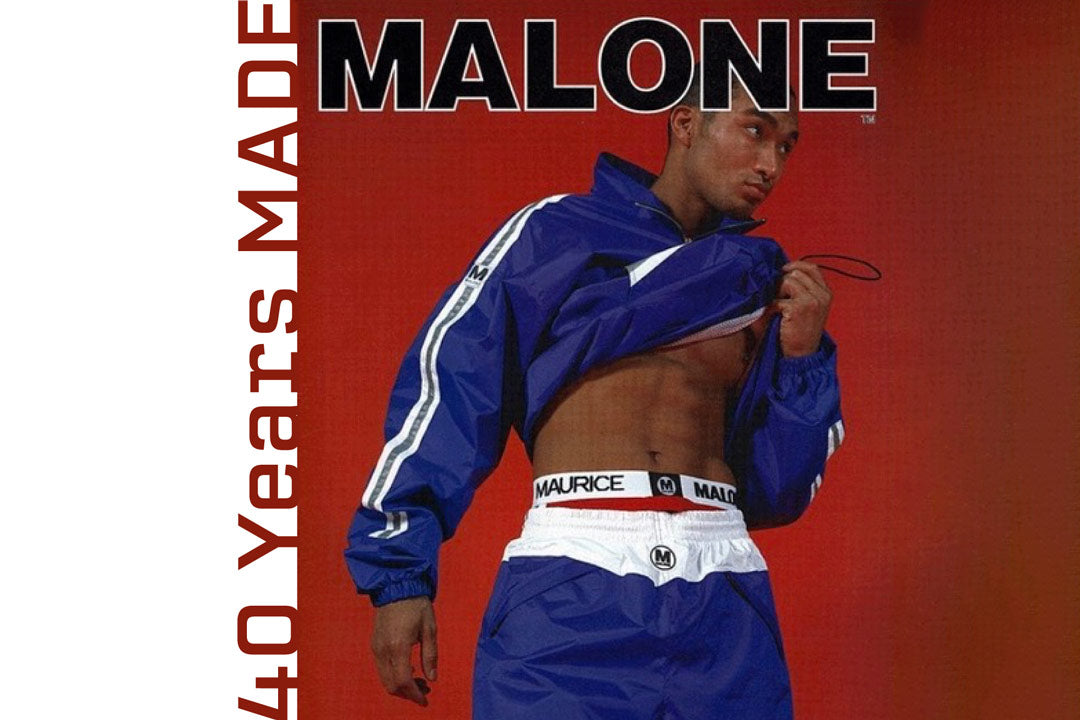
Leave a comment